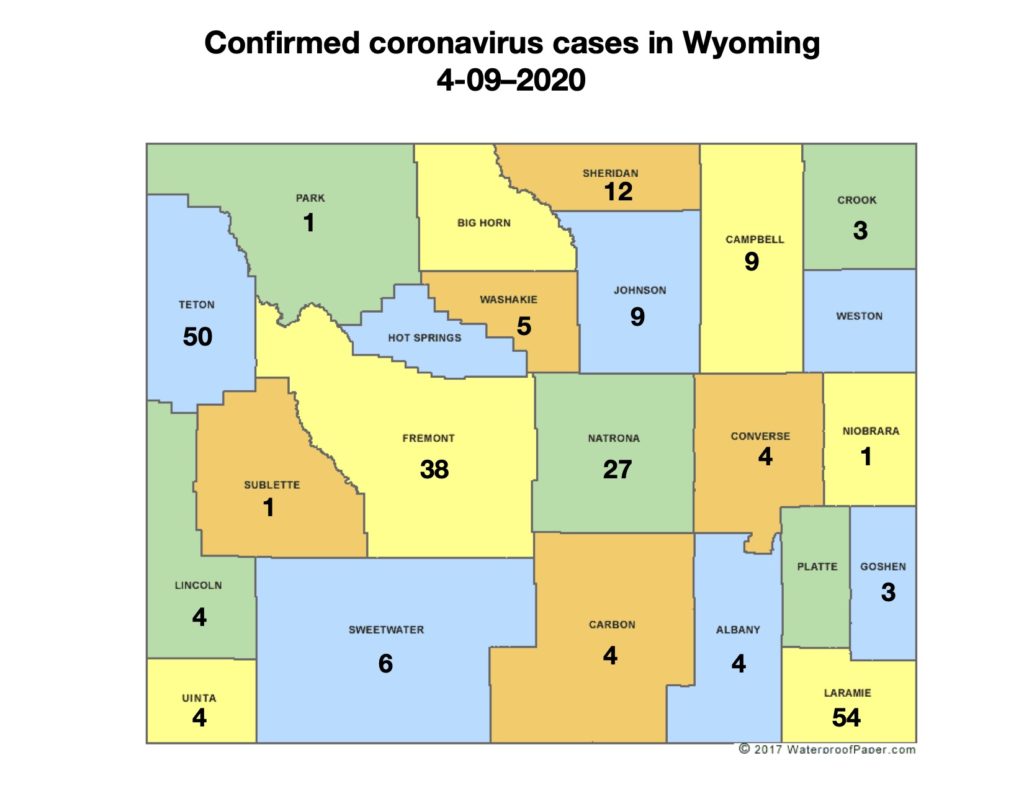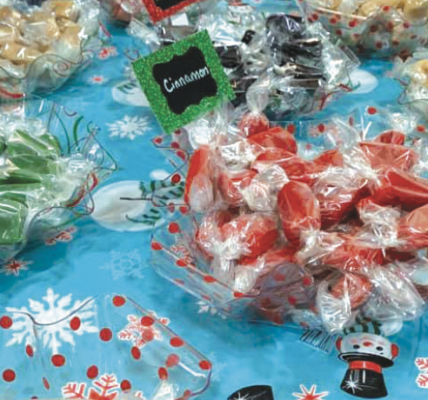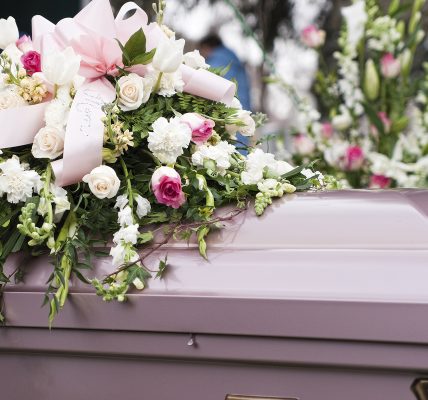
Compiled from Wyoming News Exchange newspapers
The number of coronavirus cases in Wyoming grew to 239 on Thursday, with Niobrara County seeing its first case.
The Wyoming Department of Health, in its daily update on confirmed cases in the state, said nine new cases were detected Thursday in five counties, including the first in Niobrara County.
Teton County saw its cases increase by five for a new total of 50. Johnson, Laramie and Uinta counties also each saw their case totals increase by one.
As of Thursday afternoon, Laramie County had 54 cases; Teton County had 50; Fremont County had 38; Natrona County had 27; Sheridan had 12; Campbell and Johnson had nine; Sweetwater had six; Washakie had five; Albany, Carbon, Converse, Lincoln and Uinta each had four, and Crook and Goshen counties had three. Niobrara, Park and Sublette counties each had one case.
The number of recoveries grew by seven to total 101 on Thursday, with Teton and Laramie counties each reporting 22 recoveries.
The number of probable cases around the state grew by nine on Thursday to total 21.
Probable cases are defined as when someone is suffering from the symptoms of coronavirus and has been exposed to someone with a confirmed case of the illness has not been tested.
To slow the spread of the illness in Wyoming, Gov. Mark Gordon announced Wednesday he is asking the state Game and Fish Commission to suspend the sale of short-term fishing licenses to out-of-state residents as a way to discourage travel to the state.
Gordon’s comments came during a news conference.
When viewed in light of the state’s requirement for visitors from outside the state to self-quarantine for 14 days after their arrival, the issuing of short-term hunting licenses makes little sense, Gordon said.
“If you’re going to be here for 14 days before you go out, it doesn’t seem the correct thing to do to issue temporary or short-term licenses,” he said.
Gordon said state Game and Fish Department officials had also sent emails to all 43,000 out-of-state hunting and fishing license holders to advise them not to visit Wyoming right now.
“We’re particularly concerned about our neighbors in a lockdown state like Colorado coming up to Wyoming or from Utah,” he said.
Also during the news conference, Gordon and Dr. Alexia Harrist, the state’s health officer, said by following state recommendations to self-isolate, Wyoming residents are slowing the spread of coronavirus.
However, Harrist was hesitant to identify a date that the state might see a peak in new coronavirus cases followed by a decline.
“I don’t want to say the peak will be in mid-May, we don’t have enough certainty in that to reassure people that will happen,” she said. “What we have done is through the public health orders we’ve written, we’ve flattened the curve.”
In other developments:
Disaster request: Gordon said during his news conference that he asked the federal government on Wednesday for a disaster declaration for the state and the Northern Arapaho and Eastern Shoshone tribes. Gordon said the declaration would let the state access federal assistance, including help from the U.S. Corps of Engineers in building field hospitals, if needed.
Unemployment: With the state’s unemployment rate skyrocketing, the director of the state Department of Workforce Services said her department is doing all it can to process unemployment insurance claims. Robin Cooley said the number of claims processed by her department has increased by three-fold to eight-fold. She said the department is bringing in extra people to help with the processing of claims and is considering other steps, such as hiring an outside phone center to help process claims.
Yellowstone: Dan Sholly, superintendent of Yellowstone National Park, said he will base his decision on when to reopen the park on input from local health officials. Sholly closed the park in March in response to requests from health officials in Montana, Idaho and Wyoming. Some gates are scheduled to open for the summer season next week, but Sholly said that is unlikely to happen.
Barley affected: Briess Malt & Ingredients Co., the company that contracts for much of the barley grown in the Big Horn Basin, has announced it wants to set aside contracts with growers and reduce by 50% the amount of barley it will buy. The company said given business shutdowns across the country affecting breweries, tap rooms, bars and restaurants, the demand for its product has dropped significantly. Barley growers were told they could terminate their contracts with the company, agree to planting reduced acres under an amended contract or leave their current contracts in place with a guarantee the company would buy at least 50% of its originally contracted quantity.
Stronger order: A number of Jackson residents are asking Gordon to approve a more stringent “stay-at-home” order for Teton County. About 2,000 people have signed a petition making the request. Teton County last week, with state approval, issued a “stay-at-home” order that allows people to leave their homes to buy groceries, medical supplies, to take care of a pet or another person or to take part in outdoor recreation. The petition asks the state to approve stronger restrictions as recommended by Dr. Travis Riddell, the county’s health officer.
Masks disappear: The Wyoming Medical Center reported that more than 1,000 cloth masks disappeared from its laundry department. In response to the sudden shortage of the masks, Medical Center officials urged those making masks for donations to continue doing so.
Masks in demand: Campbell County Memorial Hospital in Gillette also put out the call for more face masks. The hospital reported it had 700 to 800 as of Tuesday, while it needed 2,000. “We don’t need any more gowns and hats, we just need masks,” said Ronda Boller, a Campbell County Health board member.
Making masks: People across the state continue to turn out masks for others both inside and outside of Wyoming. In Douglas, a group of seamstresses made 1,500 cloth medical masks in 10 days for donation to the Memorial Hospital of Converse County.
In Buffalo, Nelda Hays has already completed 14 masks for doctors and nurses in San Antonio, where her granddaughter works as a nurse in an intensive care unit. Elizabeth Downare and daughters Cassie and Sidney have completed nearly 60 masks. The four are also making masks for Sheridan Memorial Hospital.
But the efforts are not limited to masks. In Kemmerer, a group of women have made more than 116 gowns for use at the South Lincoln Medical Center in Kemmerer.






